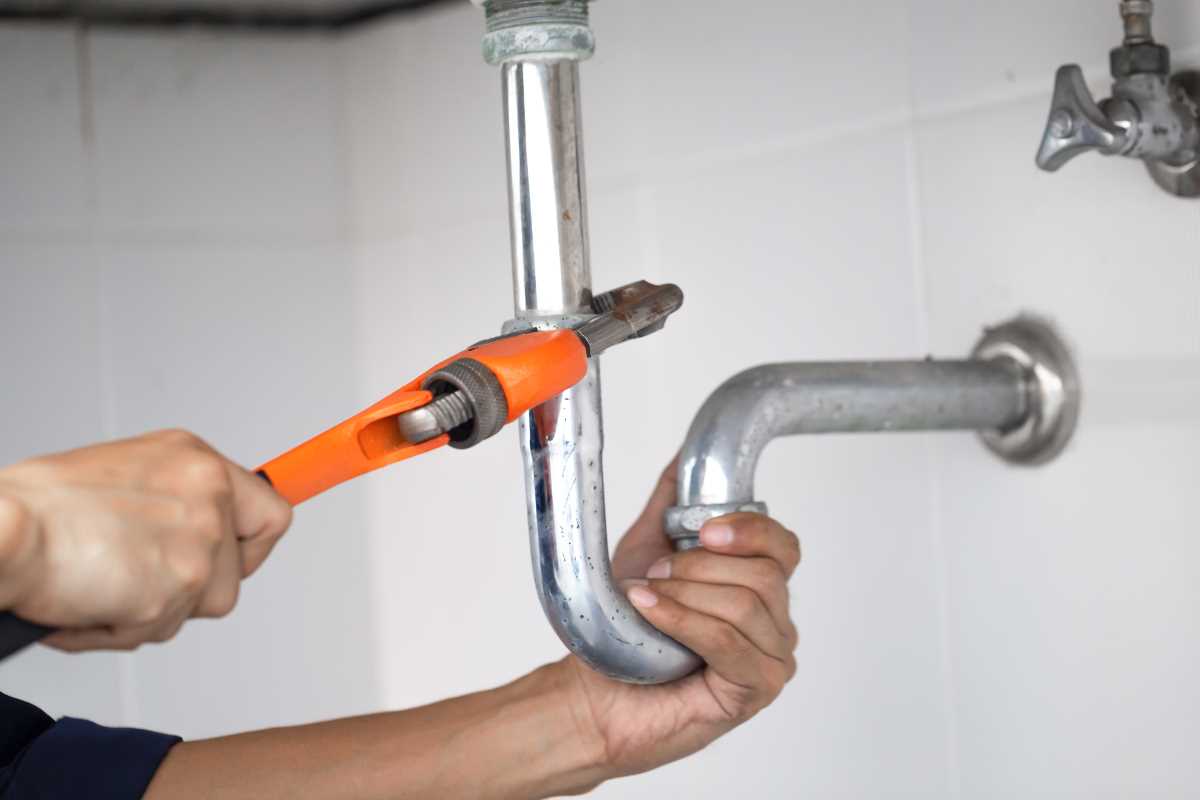Working as a plumber is a reliable way to earn a good living, with demand and pay both on the rise. Beyond fixing what’s broken, those in this field install and maintain crucial systems people use every day. Taking on this path means tackling technical skills, getting hands-on experience, and meeting your state’s requirements for working legally. Every state handles licensing a bit differently. In California, the rules are strict. In Pennsylvania, there’s little state oversight. This guide will break down each stage, explain typical requirements, and walk through what you could earn, from starting salaries to experienced pay levels. It’s all here to help you move forward, whether you’re new or looking for a career shift.
What a Licensed Plumber Actually Does
Leaks are just the beginning of what these tradespeople handle. Day-to-day work ranges from putting in pipes and water systems to working on gas lines and drainage for homes, businesses, or even big industrial settings. Some focus on things like eco-friendly upgrades or smart technology.
Being successful takes strong troubleshooting abilities, some physical grit, and solid math or reading comprehension. According to recent statistics, average yearly pay is about $64,800, and demand across the country continues to make this a rewarding direction to go.
The Process to Get Your License
Since rules range by state, it’s important to check your local requirements. Still, most roads to a credential follow a similar pattern. You have to learn the basics, train on the job, and pass a licensing exam.
1. Educational Foundation
Start with a high school diploma or a GED. Strong grades in classes like math, science, or anything hands-on will help. Some apprenticeship spots or pre-apprentice programs ask for a simple skills test. Doing well on this shows you’re ready for the technical parts of the trade.
2. Technical Training
Before working in the field, training at a trade school, community college, or through certain unions covers the essentials. Expect to study blueprints, safety, codes for your location, and how to actually install plumbing systems. These courses last a year or two and may let you finish your required on-the-job hours more quickly later.
3. Apprenticeship Experience
Hands-on training takes place in an apprenticeship. This period (usually four to five years) means working under a licensed pro, putting what you learned into action, and building real skills in things like welding, repair, or system troubleshooting. Some states allow shorter apprenticeships for those who put in more classroom hours.
Many programs are run by unions or trade groups. During this time, you’ll be paid, with your income rising as you become more skilled. Getting in might involve interviews and skills demonstrations.
4. Navigating State Licensing Rules
Once your apprenticeship or training hours are completed, it’s time for a license. What’s needed depends on where you live. Pennsylvania, for example, has few central rules, but local areas often make their own. California, on the other hand, is tougher: there you’ll need a contractor’s license, pass exams, and handle extra requirements such as bonding and background checks.
Generally, states expect to see proof of experience, completion of safety training, and sometimes insurance. Some places offer a basic, entry-level license that lets you work under supervision before qualifying for more advanced credentials.
5. The Exam
To get licensed, nearly all states ask you to pass a test. It covers knowledge of building codes, repair and installation techniques, math for calculations, and best safety practices. Many training programs offer study sessions to help you prepare.
Passing means you’re cleared to legally work in your area, and you’ll usually need this to move up to more advanced roles or specialized fields.
6. Keeping Your License Active
The rules don’t stop after you earn your certification. States require periodic renewal, usually every one to three years. Keeping your license up-to-date means enrolling in refresher courses. These vary widely but most areas ask for four to twelve hours of ongoing education each renewal cycle, covering any code changes or new technologies.
State-by-State Nuances
Each state has quirks:
- California has the toughest process, including exams, years of experience, insurance, and a contractor’s license.
- Texas starts with basic tradesman credentials, with most progressing to higher levels through experience and exams.
- New York sorts licensing at the city or county level, so requirements change with location.
- Pennsylvania does not issue statewide licenses, but cities or towns may have rules of their own.
For accuracy, always check with your state’s official department or local board.
The Value of a License
Holding the right credential is about more than just following the law. It paves the way for higher pay and greater job stability. Entry-level wages start near $52,000 per year, and seasoned professionals routinely bring in over $80,000. Some move into business ownership, earning even more.
The door is open for people to move into roles like inspection, project management, or even starting a specialty business. Credentials give you access to more opportunities and protect you if there’s ever a dispute over your work.
Strategies for a Successful Career
- Networking with professional groups provides industry news, support, and job leads.
- Staying in good shape is key. These jobs can be demanding, so regular fitness helps prevent injuries.
- Finding a mentor can boost your learning. There’s no substitute for advice from someone who’s been there.
- Following industry trends, from green building to new smart-home gadgets, keeps you competitive and makes your skills stand out.
Getting licensed takes time and patience, but the payoff is real. Training, experience, and passing the right exams will put you in a career where your skills matter and advancement is possible. Start by checking what your state or city expects and look into some local training or apprenticeship programs.
Plumbing isn’t glamorous, but it’s essential work with consistent rewards and the security of a well-respected trade. With commitment and the right support, you’ll find yourself part of a vital, growing industry.
 (Image via
(Image via





